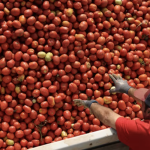How Spirits Brands Are Turning to Regenerative Farming
Added 4 months ago
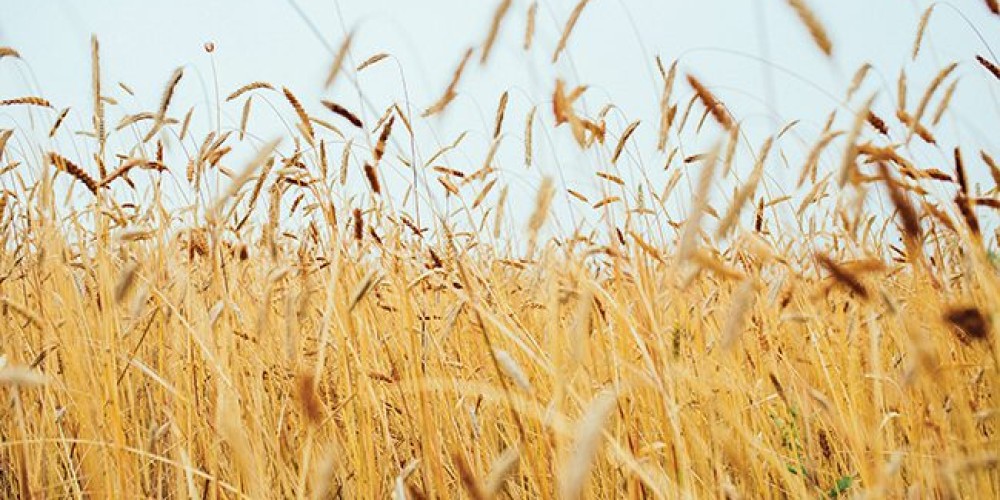
For decades, conversations around sustainability focused mainly on food. Drinks, by contrast, often lagged behind. “Drinks supply chains are a lot more opaque,” explains Ed Faulkner, co-founder of Sapling Spirits. “If you don’t know how something is grown, it’s hard to care about it.”
Now, spirits producers are beginning to catch up – by looking back. Regenerative farming, a revival of pre-industrial practices that restore soil health, biodiversity, and carbon balance, is gaining traction across the sector. Instead of chemicals and monocultures, these methods rely on heritage grains, rotational grazing, and natural cycles that allow land to heal. Advocates argue it can capture carbon, boost resilience against drought and flooding, and yield healthier crops – though defining exactly what “regenerative” means remains an evolving challenge.
Small Producers Leading the Way
Sapling Spirits recently launched Regenerative Vodka, made with wheat grown without insecticides or fungicides, fertilised only with chicken manure, and rotated through wildflower pastures. “Regenerative farming is the way of rebalancing,” says Faulkner. “It’s the right thing to do – but it’s expensive.” Without subsidies, such products often debut as limited releases rather than full ranges.
Across the Atlantic, Bourbon label Brother’s Bond has teamed up with WhistlePig Whiskey to release a regenerative grain bourbon, while also partnering with advocacy groups like Kiss the Ground and Regenerate America. Co-founder Ian Somerhalder argues that regenerative farming can both reduce costs for farmers and deliver what Gen Z increasingly demands: genuine sustainability commitments.
In Scotland, Arbikie Distillery experimented with peas to produce Nàdar Gin – marketed as the world’s first climate-positive gin. English whisky maker Fielden has turned to heritage grains, planting into clover fields to fix nitrogen naturally. Its “no chem regen” approach embraces variation in harvests, with whiskies that reflect the character of the field as much as the distillery.
Larger Players Testing the Waters
While boutique producers experiment boldly, major companies are also exploring regenerative practices. Maker’s Mark has introduced its first Certified Regenified barrel. Diageo is running pilot projects in Scotland and Mexico to enhance biodiversity, water stewardship, and soil health. Pernod Ricard, which sources crops from 380,000 hectares across 60 countries, has mapped “priority terroirs” to manage climate and water risks, aiming for all key raw materials to be certified sustainable in the future.
A Movement in Progress
The industry still faces hurdles – from high costs to the lack of a universal definition or accreditation system. Yet collaboration is growing. Pernod Ricard is already working with peers like Heineken and Danone on crop rotation projects, while smaller producers like Fielden are opening up grain supply chains to others.
“It’s an inclusive movement, not an exclusive one,” says Fielden’s Dave Smith. “The most important thing is that as many people adopt regenerative practices as possible.”
As spirits brands embrace old farming wisdom to solve modern climate challenges, the sector may finally be catching up with food – and perhaps even setting the stage for a new era of drinks that restore as much as they refresh.
Join the conversation
Be the first to leave a comment.
Leave a comment
All comments are reviewed before they are published on the website. Your email address will not be published.
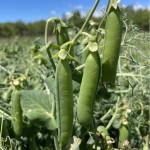
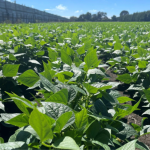

Community Engagement and Knowledge Sharing Strengthen the Carbon Positive Project
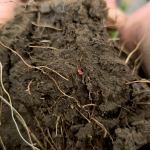
Are We Changing Soil Carbon Yet? Three Years In, the Jury’s Still Out

Farewell to Trustee Phil Schofield – A Foundational Leader of the HBFFCT
